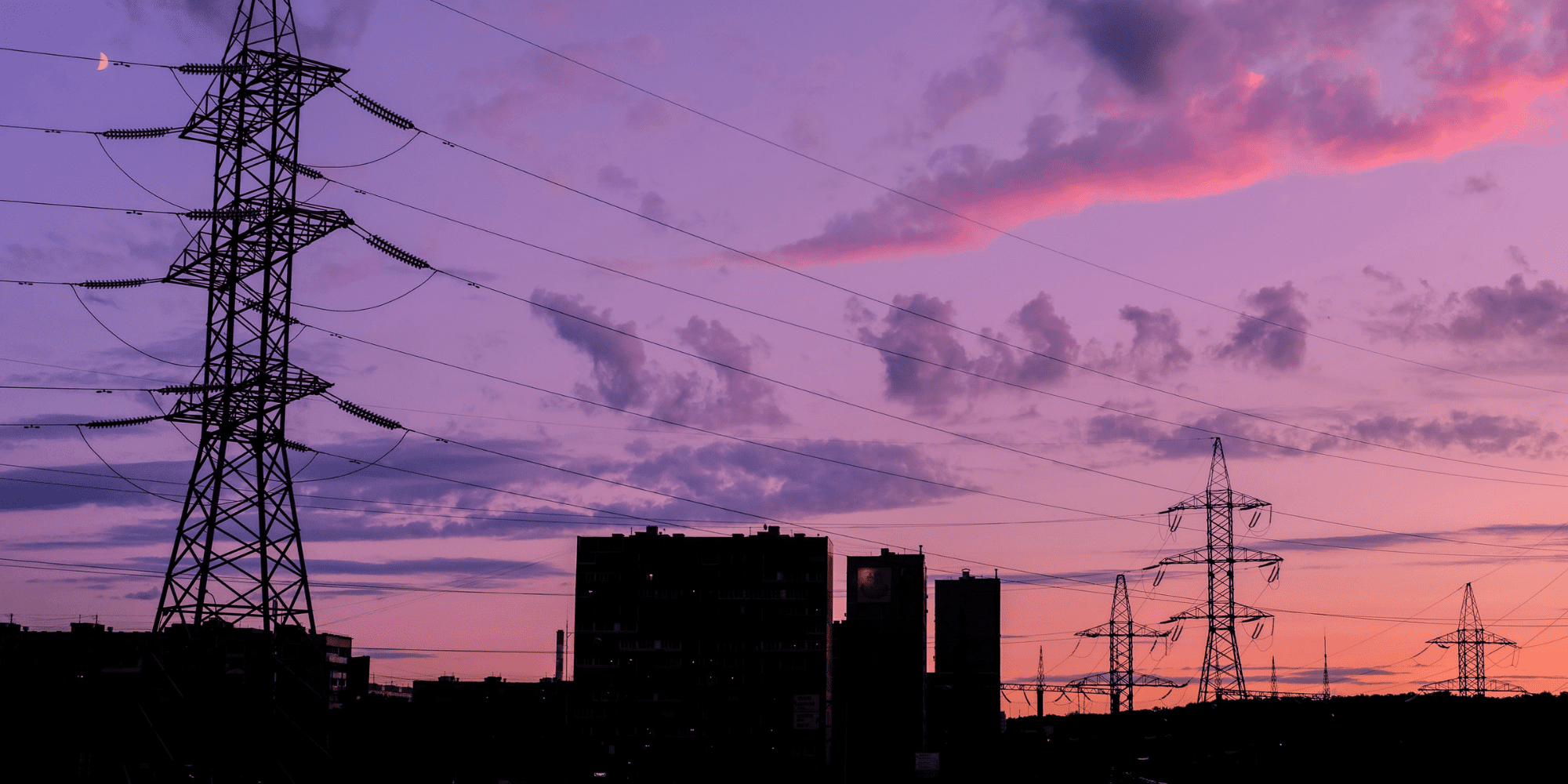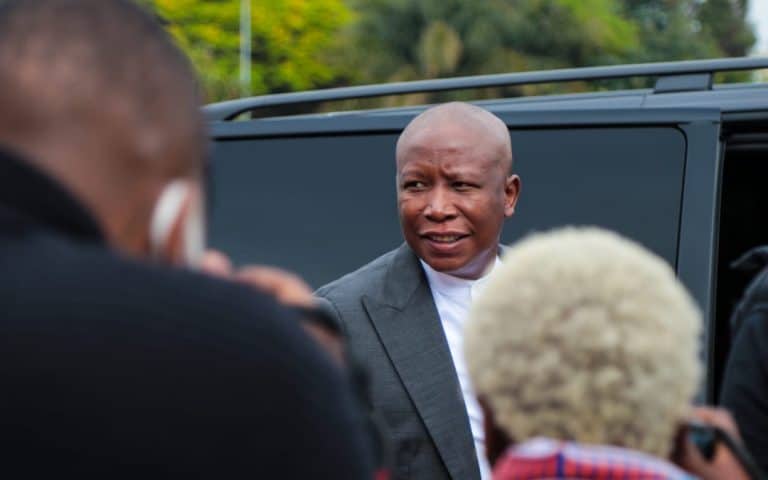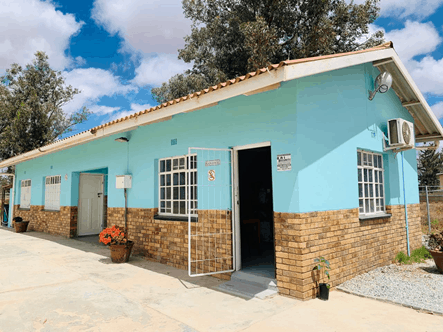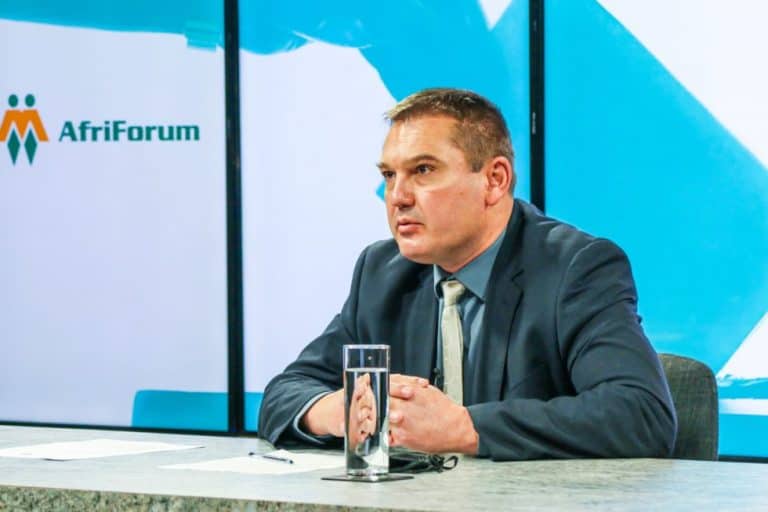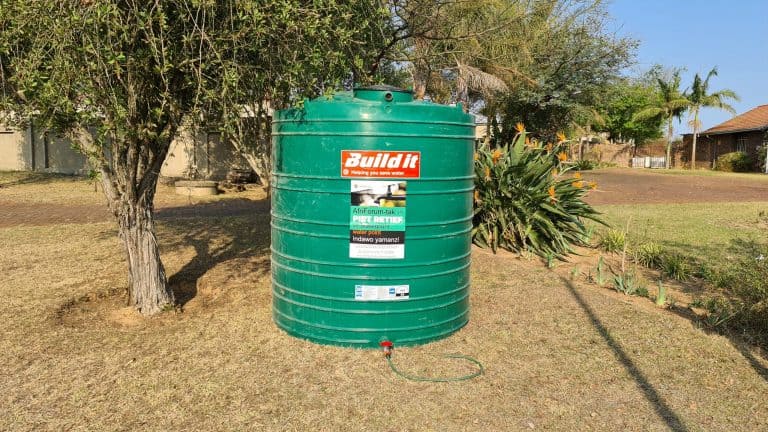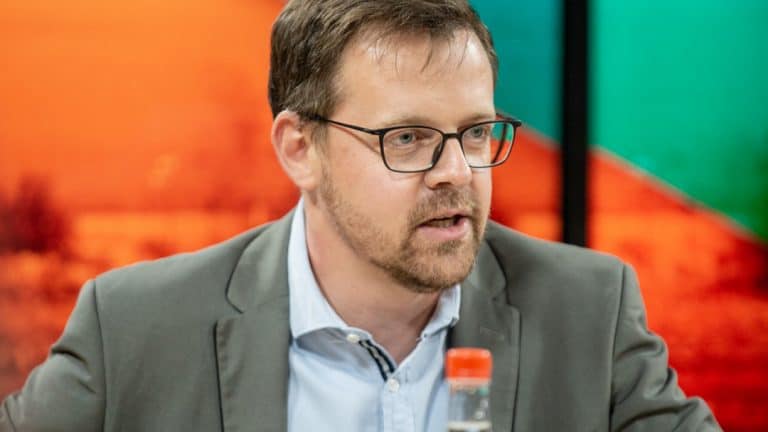Department of Mineral Resources and Energy hides NERSA’s underperformance with incomplete integrated resource plan
The integrated resource plan (IRP) announced by Gwede Mantashe, the Minister of Mineral Resources and Energy, in January, is incomplete, far removed from reality and attempts to hide the underperformance of the National Energy Regulator of South Africa (NERSA). This is according to the civil rights organisation AfriForum, which submitted its objections today as part of the department’s public participation process on the IRP.
According to AfriForum, the plan makes no mention of the strategy to cope with losses and the underperformance of municipalities. “Of course we want the generating capacity of the country to be increased. The private sector can install much more and faster capacity than Eskom can. Despite increased generation capacity, electricity still needs to be routed to consumers. The issues of maladministration and lack of maintenance are not discussed in the plan at all. It doesn’t do any good to generate more power, but due to losses it doesn’t reach the end-consumer,” says Morné Mostert, manager of Local Government Affairs at AfriForum.
NERSA, which also reports to the Minister of Mineral Resources and Energy, must regulate and address licensees when license conditions are not met. AfriForum questions the fact that this problem is not articulated in the IRP. “AfriForum has repeatedly been forced to approach the courts to force NERSA to fulfil its responsibilities in municipalities in cases where municipalities in question do not have the capacity to fulfil the license conditions. In such a case, it must be handed over to a legal entity that can do it,” says Mostert.
AfriForum’s objections to and proposals for adapting the IRP can be summarised as follows:
• Facilitation of private sector participation: The IRP falls short in adequately utilising the potential of private sector participation in energy generation. AfriForum advocates measures aimed at creating more opportunities for the involvement of the private sector in generating capacity.
• Exploration of small, modular reactors: Given the government’s historical inefficiency in the management of nuclear power stations, AfriForum suggests that the IRP investigate the viability of small, modular reactors as an alternative energy source. Furthermore, AfriForum recommends that the legislative framework be adjusted to encourage privatisation of this sector and make private companies part of the energy mix.
• Fair compensation for energy contributions: It is essential that the IRP incorporates provisions to guarantee fair compensation for individuals or entities that feed energy into the network. Fair compensation stimulates investment in renewable energy infrastructure and promotes long-term sustainability.
• Regulation of maladministration within the energy sector: It is essential that NERSA has proactive measures to regulate and tackle cases of maladministration within the energy sector. This includes not only ensuring compliance with license conditions but also investigating and correcting any cases of mismanagement, corruption or inefficiency that undermine the integrity and efficiency of the energy supply chain.
• Solving municipal infrastructure problems: Unfortunately, the IRP overlooks the critical issue of weak municipal license holders and the pervasive losses in municipal infrastructure. AfriForum insists that measures be included to strengthen regulatory oversight by bodies such as NERSA to ensure compliance with license conditions and reduce systemic losses across the network.


